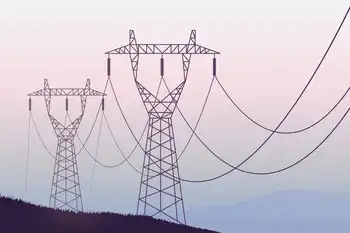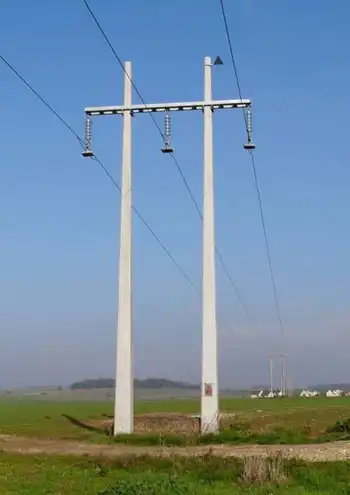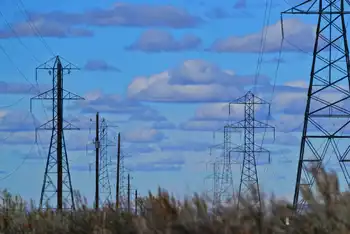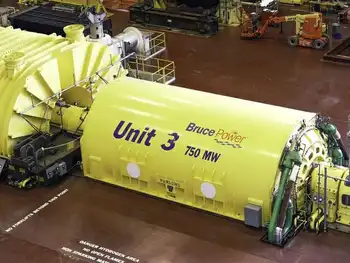Manila facing possible peak brownouts
MANILA, PHILIPPINES - Peak power demand on the Philippines main island of Luzon, where the capital city of Manila is located, is forecast to hit 7,900 megawatts MW in 2011, which is 300 MW higher than the 2010 peak.
Brownouts could be prevalent from March to May if there are any breakdowns in power generation at peak-demand periods. Although 2,700 MW of additional power from new thermal plants is scheduled to become operational in 2013, new projects will be behind the demand curve, as they have not been coordinated or planned ahead of time.
Manila's economy is expected to grow at a rate of 7 to 8 this year, up from the 6 target in 2010. Energy-saving measures will be instituted again, with air-conditioning units being shut down early, and escalators and elevators in government buildings operating for reduced periods. Another 150 to 200 MW could be transmitted to Luzon from the Visayas region, which is in the central Philippines.
Manila Electric Company Meralco is one of a number of companies looking to move into the power generation sector or expand their existing project base within the sector, with many of projects due to begin operations in 2013 at the earliest.
Meralco is planning to invest $2 billion to $2.3 billion to add 1,500 MW in capacity at its Luzon franchise area for power supply and distribution. President and CEO Manuel V. Pangilinan said in 2010 that Meralco was in the process of creating a new subsidiary, Meralco Power Generation Company, to operate the power generation stake. The total 1,500 MW will be constructed through 2012 to 2016, with the first project, a 150-MW peaking plant, to be constructed at Laguna with a diesel-fed "aero-derivative" turbine generator set. Funding for the $152 million project will come from 70 loans and 30 equity. Merlaco also had discussions with a number of companies with a view to partnerships, on the basis of offering the best benefits to the company and customers.
Meralco CEO Oscar Reyes said that the company also would construct coal and LNG facilities. He said that the company was considering expanding its distribution service beyond the present franchise, possibly going into specialty engineering and railway construction through affiliated company divisions.
Related News

Longer, more frequent outages afflict the U.S. power grid as states fail to prepare for climate change
WASHINGTON - Every time a storm lashes the Carolina coast, the power lines on Tonye Gray’s street go down, cutting her lights and air conditioning. After Hurricane Florence in 2018, Gray went three days with no way to refrigerate medicine for her multiple sclerosis or pump the floodwater out of her basement.
What you need to know about the U.N. climate summit — and why it matters
“Florence was hell,” said Gray, 61, a marketing account manager and Wilmington native who finds herself increasingly frustrated by the city’s vulnerability.
“We’ve had storms long enough in Wilmington and this particular area that all…




